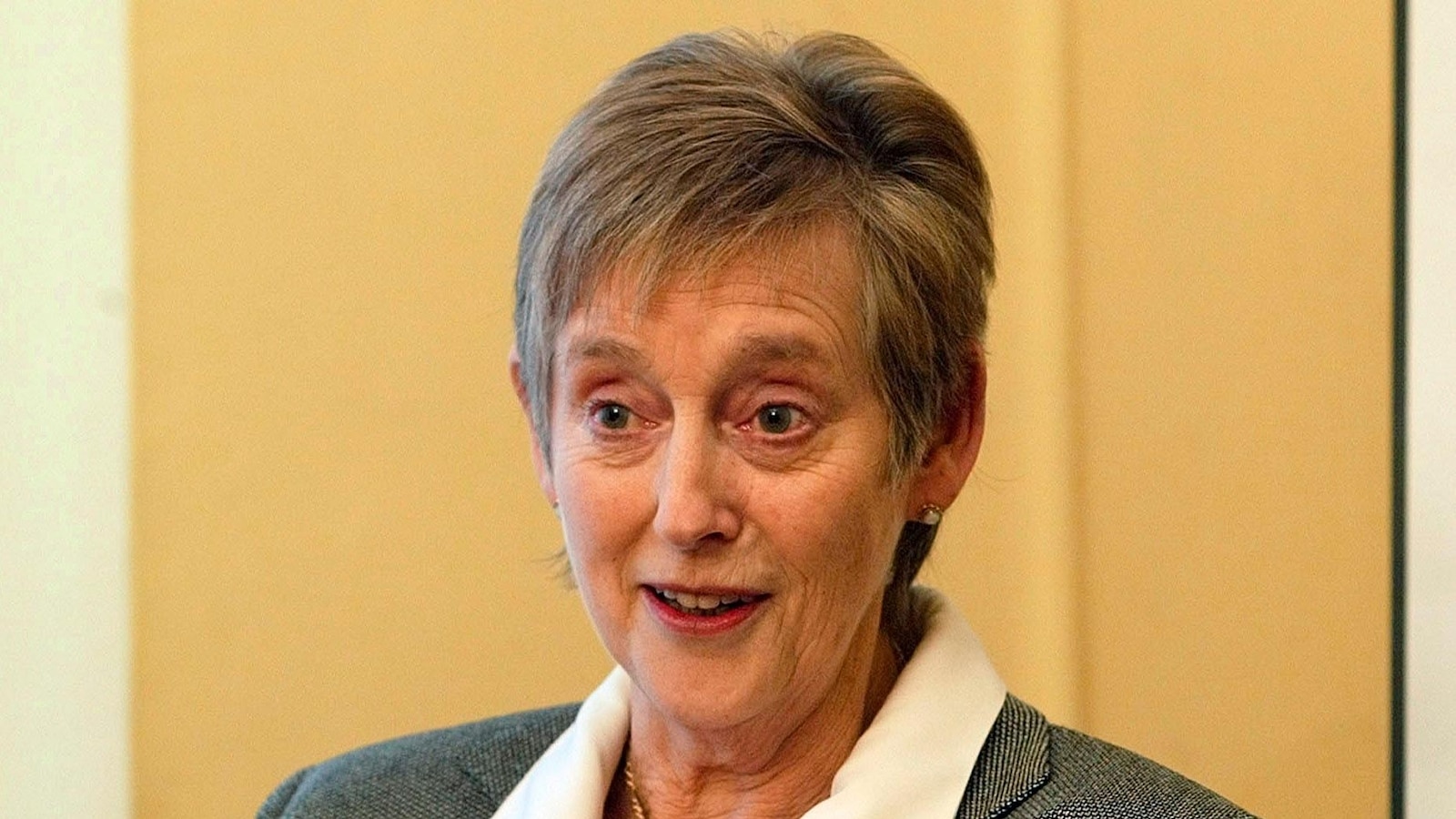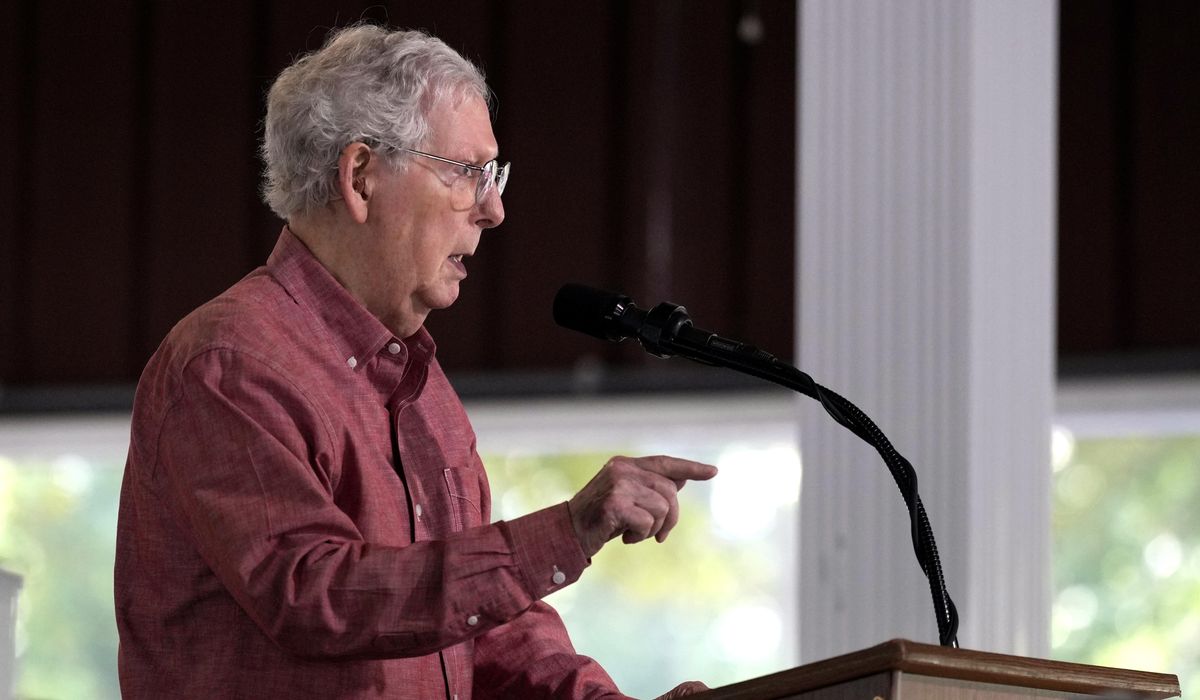ARTICLE AD BOX
Candidates running for federal office have collectively spent more than $41 million in campaign funds on security in the past decade as threats against public officials are on the rise, with President Trump alone spending $6.8 million, according to a new report.
The report tracked campaign spending on security, such as locks, cameras, alarms, motion detectors, gates, cybersecurity services and security personnel, from the 2014-2024 election cycles. It found 864 candidates in federal races took advantage of Federal Election Commission rules allowing such expenditures.
Campaign spending on security grew 18 times faster than overall federal candidate expenses over that time period.
“Our first-ever analysis of how federal candidates are using campaign funds to protect themselves and their families shines a light on the very real cost of running for office in today’s political climate,” said Liuba Grechen Shirley, founder and CEO of Vote Mama Foundation, the group that published the report.
“In recent memory, we’ve witnessed the assassination of a sitting state legislator, attacks on a presidential candidate, and attempts on the lives of other elected officials at all levels of office,” she said. “This research exposes the urgent, growing risks of simply stepping into public service and forces us to confront the fact that safety has become a gatekeeper to democratic participation.”
The Vote Mama Foundation is a nonprofit organization that seeks to normalize mothers with young children running for office and conducts research and analysis to support such political participation.
The report found that candidates in both parties spent on security, with Democrats’ collective total of roughly $19 million outpacing Republicans’ nearly $15 million.
Still, Republicans were among the top spenders, with Mr. Trump spending more than any other presidential candidate during that time period and Texas GOP Sen. Ted Cruz spending the second-most among congressional candidates.
Among presidential candidates, Robert F. Kennedy Jr., who ran an independent bid for president before dropping out to back Mr. Trump and ultimately serve as his Health and Human Services secretary, spent the second most.
Mr. Kennedy’s $5.8 million spent on security was only $1 million less than Mr. Trump, even though Mr. Kennedy ran one presidential campaign in the past decade, whereas Mr. Trump ran three and faced two assassination attempts during the 2024 campaign.
Others in the top five security spenders among presidential candidates were all running as Democrats: Michael Bloomberg spent $2.5 million, Kamala Harris spent $1.8 million and Sen. Bernard Sanders spent $1.2 million.
The top spender among congressional candidates was Sen. Raphael Warnock, Georgia Democrat, with nearly $2.4 million in security expenses.
Mr. Cruz was second with $1.6 million, followed by former Arizona Sen. Kyrsten Sinema, a Democrat turned independent, with $1.4 million.
Democratic Reps. Cori Bush of Missouri and Alexandria Ocasio-Cortez of New York round out the top five among congressional candidates with $832,000 and $667,000, respectively, spent on security.
There was a wide discrepancy in spending by gender, with 78% of overall security expenses coming from men compared to 22% from women.
Debbie Walsh, director of the Center for American Women and Politics at Rutgers University, warned that the rise in violence against public officials could have a chilling effect on women running for office.
“Given that women hold no more than a third of elective offices at any level of government, we could be at risk of losing women’s voices in important decision-making bodies across the country,” she said. “This jeopardizes our democracy, and we must identify multiple ways to make seeking and holding public office safe.”
The Vote Mama Foundation said its report may undercount the total campaign spending on security because it used only a handful of search terms when reviewing FEC data. Those keywords were: “security,” “bodyguard,” “protection,” “personal security,” “alarm system,” “cyber security,” and “cybersecurity.”
Campaign spending on security could see a decrease in the coming cycle, at least among House incumbents, after the chamber recently approved an increase in taxpayer funds that can be spent on residential security.

 5 hours ago
8
5 hours ago
8








 English (US) ·
English (US) ·